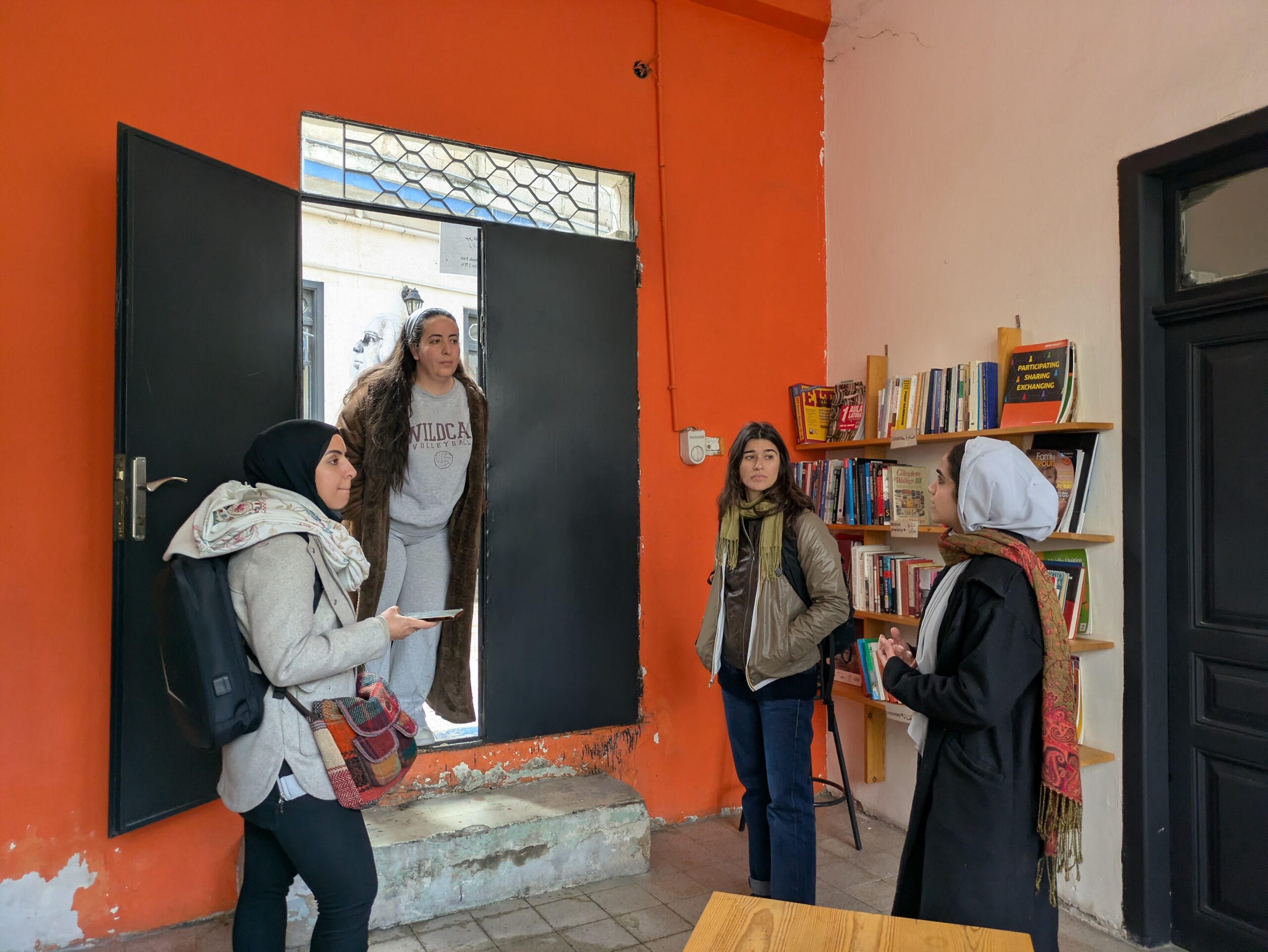
About
RE-ACT IN 2 builds on findings and lessons learned during the first phase of the project (RE-ACT IN in 2023-24), which took place in Jordan, Lebanon and Turkey. The first phase aimed at building and strengthening capacities of local organisations to work with young refugees and vulnerable youth by developing innovative and participatory approaches where non formal education (NFE) methodologies were combined with artistic and digital tools.
RE-ACT IN 2 focuses on exploring new ways of creating spaces capable of welcoming youth without discriminating, becoming incubators of a prosperous social capital. This entails reflection on how to co-construct and create a shared public space that serves as a breeding ground for the development of youth activities. Planning and creating shared spaces, whether physical or virtual, will facilitate community cohesion through bottom-up approaches aimed at including people from the beginning.
The project has been designed with a community-based approach with the direct involvement of grassroot organisations which are already engaged in non-formal education activities with youth and carry out practices of re-appropriation of public spaces for youth.
Objectives
GENERAL OBJECTIVES
- to foster work, actions and participation in shared public spaces for youth organisations in Euro-mediterranean area;
- to promote the establishment of a Euro-mediterranean network of civil society organisations working on public space and youth.
SPECIFIC OBJECTIVES
- to improve the skills and competences of youth workers of organisations in Lebanon and Jordan, together with the partners organisations in Italy and France, in planning, creating and advocating for shared public spaces for youth;
- to co-design and experiment alternative models of youth participation in public and social life through artistic and outdoor activities;
- to enhance cooperation, innovation capacity and internationalisation of youth organisations working in public space and NFE at Euro-mediterranean level.

